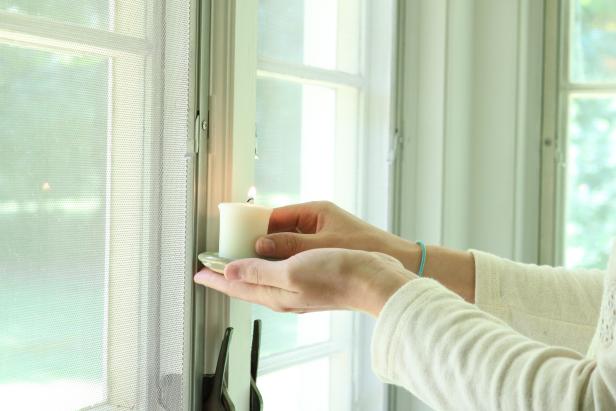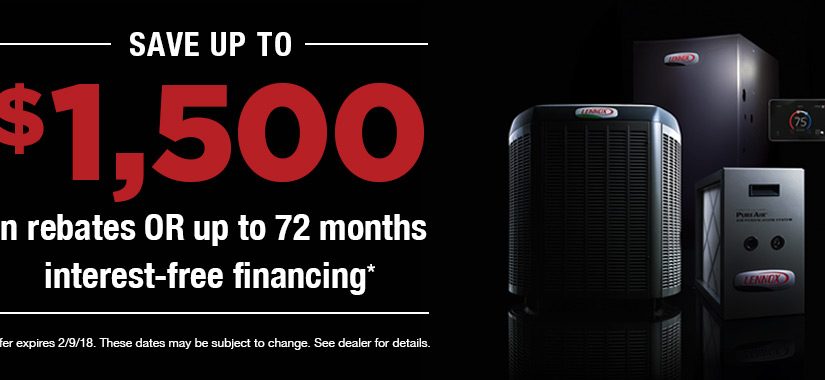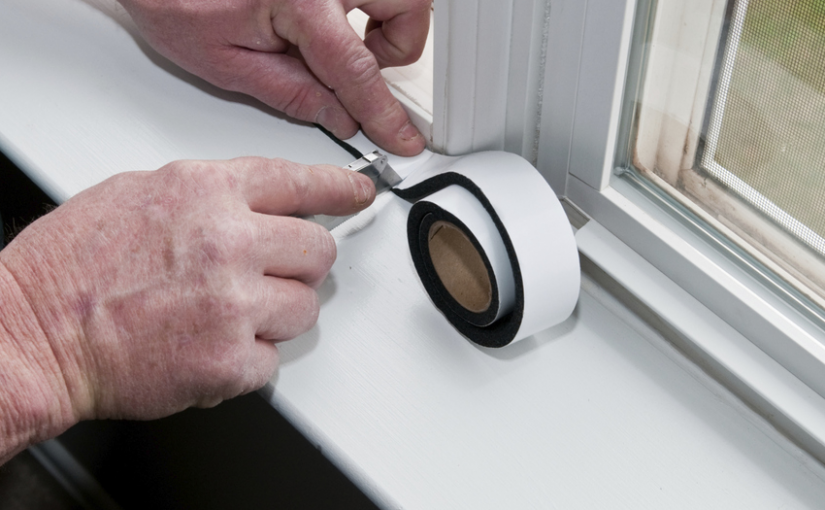The spring season brings different changes to many things, including the weather. The temperatures can swing anywhere between soothing and frigid. A sunny day might be trailed by several days of rain.
As the spring climate is unpredictable, preparing your system bodes well. Keeping up with a healthy home is more than just traditional Spring Cleaning. During winter, numerous parts of your house are dismissed or are not used as frequently as others. Getting both the interior and exterior of your home in place for spring will guarantee that you are prepared to enjoy the warmer weather.
Below are some maintenance tips you will surely find helpful this season!
- Duct Cleaning
For better breathing and indoor air quality, you should hire an expert duct cleaner, usually every five to seven years. Amid an expert tune-up, an expert in HVAC can educate you on the condition of your air ducts. Talk with an expert about testing those air ducts for you.
- Air Filter
Changing the air filter during this season is a good idea, as well. Your air filters ought to be replaced based on need and use, normally around thirty-to-ninety days. Always examine and inspect your air filter monthly, ensuring whether it is clean enough to continue using or if it should be replaced.
Your air filters are critical to keeping up good and quality indoor air. If the air filter is messy, the air is likely also dirty. Moreover, if the air filter is messy, it is harder for your air conditioner/cooling system to carry out its activity; bringing about poor air current, increase wear and tear, and higher energy costs.
- Keep away from heat by using your windows and vents effectively.
Work your thermostat efficiently and make good use of your fans and other ventilation methods to help cool your home. Check all vents and window seals to ensure that you shield hot air from leaking into your home.
You should observe that your cooling system is efficiently running. Lighting and appliances can increase the heat inside your house, making your system work overtime and cause wear and tear. Try to limit the appliances running together, especially during peak hours.
- Regulate your thermostat to a comfortable level.
This is a season to keep your home warmer than ordinary when you are away, and regulate down the thermostat setting to 68°F (approximately 20°C) just when you are at home and need cooling. A thermostat that could be programmed will make this easy to reset your temperature.
Learn how to use your thermostat to save more energy.
Refrain from setting the thermostat colder than typical when you are using air conditioner. This won’t cool your home any quicker and could bring about overcooling and other costs that are not necessary.
There you have it, a few tips to make sure your home is prepared for the pleasure this spring season has to offer.






